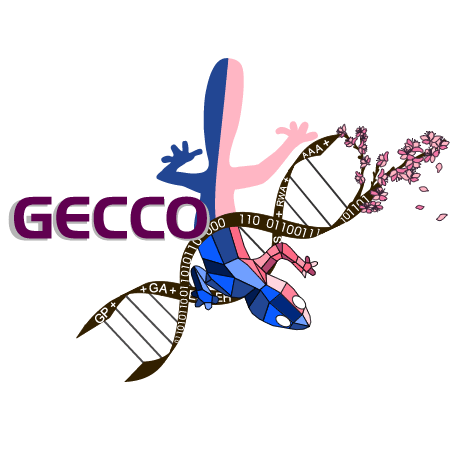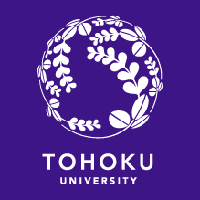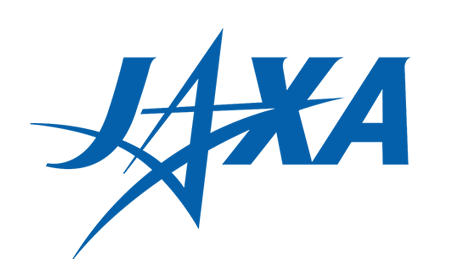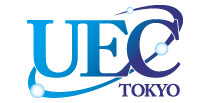Time: July 15th (Sun), 2018, 12:50–14:30
Location: Training Room 1 (2F)
12:50–12:55 |
Session introduction |
12:55–13:20 |
Invited Speaker #1Thomas Bäck (Leiden University, Netherlands) |

|
Title: “Algorithms for Optimization Under Budget Constraints, with Application Examples”Short Bio: Thomas Bäck is head of the Natural Computing Research Group and Director of Education at the Leiden Institute of Advanced Computer Science (LIACS). He received his PhD in Computer Science from Dortmund University, Germany, in 1994. He has been Associate Professor of Computer Science at Leiden University since 1996 and full Professor for Natural Computing since 2002. |
13:20–13:45 |
Invited Speaker #2Abhishek Gupta (Nanyang Technological University, Singapore) |

|
Title: “Memetic and Bayesian Perspectives on Transfer Optimization: From Algorithms to Applications”Abstract: Traditional optimization solvers tend to start the search from scratch by assuming zero prior knowledge about the task at hand. Generally speaking, the capabilities of solvers do not automatically grow with experience. In contrast however, humans routinely make use of a pool of knowledge drawn from past experiences whenever faced with a new task. This is often an effective approach in practice as real-world problems seldom exist in isolation. Similarly, practically useful artificial systems are expected to face a large number of problems in their lifetime, many of which will either be repetitive or share domain-specific similarities. This view naturally motivates advanced optimizers that can replicate human cognitive capabilities, leveraging on lessons learned from the past to accelerate the search towards optimal solutions of never before seen tasks. With the above in mind, this talk aims to shed light on recent research advances in the field of global black-box optimization that champion the general theme of adaptive knowledge transfer across problems. A brief overview of associated algorithmic developments in evolutionary computation and Bayesian optimization shall be provided, with illustrative examples from diverse topics, including, operations research, engineering design, automatic model selection, and neuro-evolution. Short Bio: Abhishek Gupta received the PhD degree in Engineering Science from the University of Auckland, New Zealand, in 2014. He is currently a Research Scientist at the School of Computer Science and Engineering, Nanyang Technological University (NTU), Singapore. He was previously appointed as a Research Fellow in the Rolls-Royce@NTU Corporate Lab, where he worked on methods for knowledge transfer through machine learning in aircraft engine design. Abhishek has diverse research experiences in computational science, ranging from numerical methods in engineering physics, to topics in computational intelligence. Currently, his main research interests lie in the development of memetic computing as an approach for automatic learning and transfer of knowledge across optimization problems, with applications in smart design. |
13:45–14:05 |
Accepted Paper #1Atsuhiro Miyagi (Taisei Corporation, Japan)
|
Title: “Well Placement Optimization for Carbon dioxide Capture and Storage via CMA-ES with Mixed Integer Support”Abstract: Carbon dioxide Capture and Storage (CCS) is a viable technique for reducing CO2 emitted to the atmosphere. A simulation based optimization of well placement is a promising solution to geologic CO2 storage (GCS), which is a part of CCS. Although covariance matrix adaptation evolution strategy (CMA-ES), which is a state-of-the-art black-box continuous optimization algorithm, is considered to apply for well placement problem, insufficient search is anticipated since well placement problem often forms a mixed integer programming problem. In this paper, we investigate the use of variants of CMA-ES to the optimization of well placement and injection schedule as a mixed integer programming problem. First we investigate the effect of each algorithmic component to treat integer variables on mixed integer programming test functions. Then, some promising variants are applied to the well placement and injection scheduling problem for a CCS project. We observed that the CMA-ES with step-size lower bound behaved robust and found better solutions than the variants without the bound, independently of initial search points. We bring up some issues of current optimization framework including the mixed integer support in the CMA-ES and the formulation of the GCS optimization problem. |
|
14:05–14:25 |
Accepted Paper #2Victor Parque (Waseda University, Japan)
|
Title: “On Vehicle Surrogate Learning with Genetic Programming Ensembles”Abstract: Learning surrogates for product design and optimization is potential to capitalize on competitive market segments. In this paper we propose an approach to learn surrogates of product performance from historical clusters by using ensembles of Genetic Programming. By using computational experiments involving more than 500 surrogate learning instances and 27,858 observations of vehicle models collected over the last thirty years shows (1) the feasibility to learn function surrogates as symbolic ensembles at different levels of granularity of the hierarchical vehicle clustering, (2) the direct relationship of the predictive ability of the learned surrogates in both seen (training) and unseen (testing) scenarios as a function of the number of cluster instances, and (3) the attractive predictive ability of relatively smaller ensemble of trees in unseen scenarios. We believe our approach introduces the building blocks to further advance on studies regarding data-driven product design and market segmentation. |
|
14:25–14:30 |
Closing |





